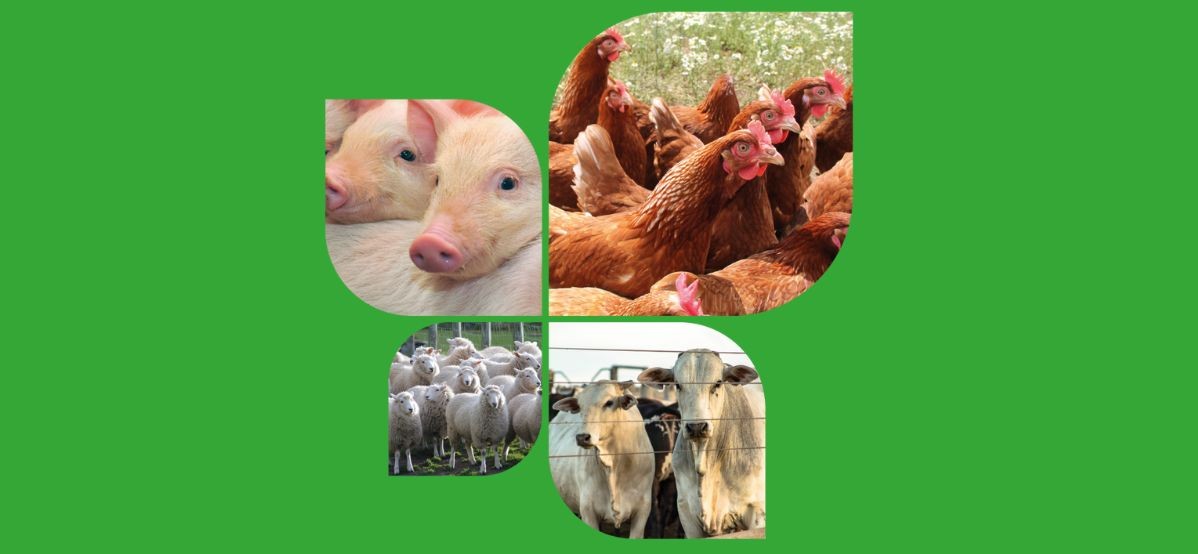For some time, tannins were misunderstood in animal nutrition, being associated with negative actions, with anti-nutritional factors and reduced availability of some nutrients. However, with advances in research and greater pressure to use more natural ingredients in ruminant and monogastric diets, tannins have gained new space.
This new interest in tannins is due to the important properties that new research and protocols have been demonstrating, such as: antiviral, antioxidant, antibacterial action, among others.
Can be found naturally in flowers, leaves, seeds, fruits, roots and stems, tannins are classified as secondary plant compounds, defined as a heterogeneous and complex group of polyphenolic molecules.
In animal nutrition, they are used as an additive, being divided into hydrolysable tannins (TH) and condensed tannins (TC). As the main characteristics of each type, TH can be hydrolyzed by the action of heat or enzymes produced by microorganisms in the gastrointestinal tract. TCs, on the other hand, are more difficult to undergo hydrolysis.
But what are the great truths about the use of tannins in animal nutrition?
- Both TH and TC inhibit bacterial growth, as they destabilize the membrane that covers certain groups of bacteria; as well as inhibit cell membrane synthesis, which may affect the growth of both Gram positive and Gram negative microorganisms.
- They have direct action on the inhibition of microbial enzymes and against microbial metabolism.
- They have the ability to react with protein, forming the so-called tannin-protein complex, which benefits some species, by allowing greater use of this nutrient.
- Antioxidant action, because in the presence of free radicals, they can bind to them, inhibiting oxidation.
- Important modulators of the microbiota and immune system.
- Ability to mitigate greenhouse gases, such as methane, with scientifically proven action.
The use of tannins in animal nutrition and production is still yielding much research, mainly due to the understanding of reactions within animal metabolism. But, it is already evident that the suspicions about digestibility related to its use have been demystified.
At Seta, through the Research and Development area, with specialized professionals, tests and protocols, we are proving the effectiveness of this important natural product, providing our customers with the best dosage indications for each species and challenge faced.
Interested in knowing more about the use of tannins in Animal Nutrition? Talk to our team.






